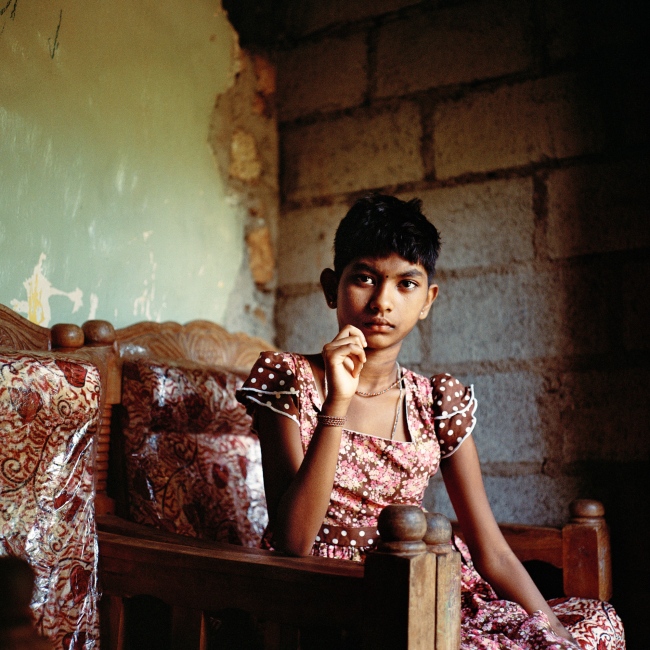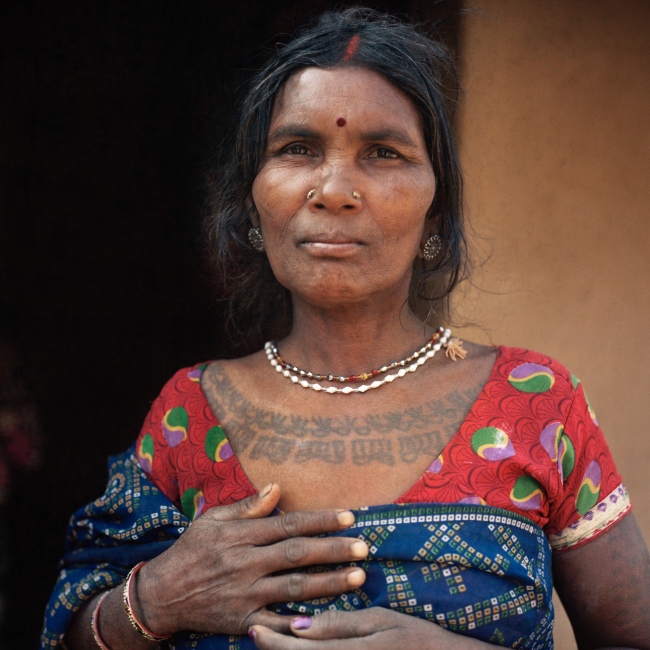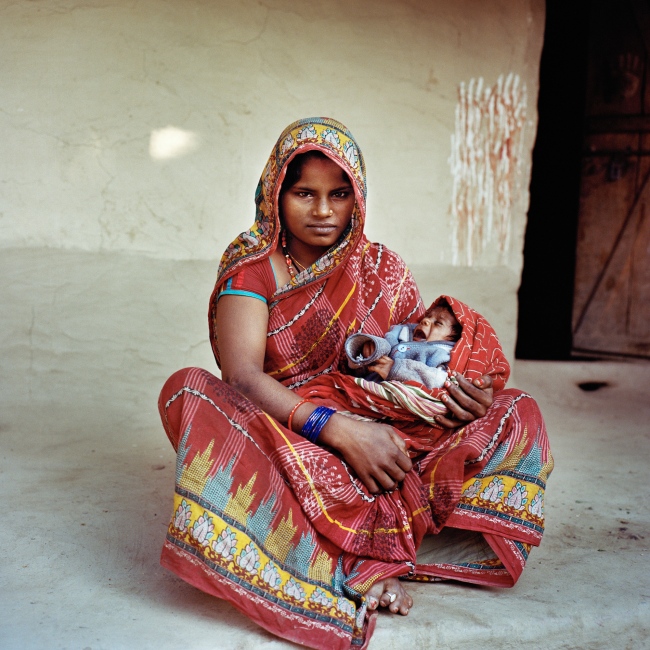It is with great pleasure that I submit my application for a personal project grant from Visura. As an experienced photographer with a passion for women's issues, I have received grants from the Pulitzer Center on Crisis Reporting, the International Women's Media Foundation, the Rita & Alex Hillman Foundation, the International Reporting Project, and Magnum Foundation. It is with the support of grants like these that I am able to pursue projects of both personal and professional depth.
I first visited India in 2010 where I learned of the caste system. At the time, I was unaware of the magnitude of this deeply gendered and entrenched system of social stratification across South Asia. In 2014 I moved my base to New Delhi, the more time I spent covering women's issues in the region, the more I began to learn about caste based discrimination and it's impact on women.
Caste based discrimination is a human rights issue affecting more than 260 million people globally, the majority of whom are Dalits living across South Asia.
Mahatma Gandhi referred to them as "Harijans" or "Children of God," yet Dalits have traditionally been viewed within the caste system "“ a social stratification based on underlying notions of purity and pollution - as "untouchables." They are economically and socially excluded, segregated in housing, denied and restricted access to water, schools, markets and employment. They have been relegated to the most humiliating of tasks as manual scavengers, removers of human waste and dead animals, street cleaners, and cobblers. They frequently experience discrimination and violence, isolation, and high levels of poverty.
The practice of "untouchability" was abolished under India's constitution in 1950, and many would argue that caste based discrimination is a thing of the past, a class system of ancient times. Yet this is in stark contrast to the lived experiences of Dalits, who continue to exist in a system of modern day slavery and bonded labor.
Dalit women and girls are one of the most vulnerable and at risk groups of society and experience the weight of their caste in specific and gendered ways, with the triple burden of caste, class, and gender.
In the fall of 2016, I was approached by the National Coalition of Dalit Human Rights (NCDHR), an Indian based non-governmental organization doing a research project on the economic rights of Dalit women. They offered to give me access to a wide spectrum of stories from Dalit women in India, Sri Lanka, and Nepal during their research, in the hopes of exposing the human face of what it means to live as a Dalit woman.
I spent two months working both independently and alongside NCDHR hearing the stories of Dalit women, witnessing their struggles and triumphs, and offering them a space to be seen and heard, something many of them had never before experienced. I photographed subjects from diverse backgrounds and circumstances across India, Nepal, and Sri Lanka, and found a strong sense of community and resilience among all the women I met.
The aim of this project is twofold. Firstly, through authentic and natural portraiture, details, and landscapes, I wish to bring the stories of these women to viewers in a beautiful, humane, and intimate way. Secondly, the issue of caste based discrimination is diffused in the media through numbers and percentile and often dismisses the gender component entirely, I hope to cut through that noise by sharing individual stories of Dalit woman from the local level.
Thank you for your consideration and for viewing my work.

























